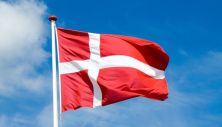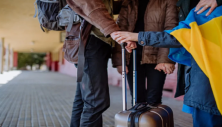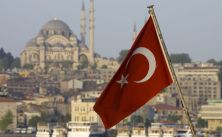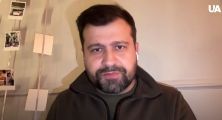Russia continues to actively resettle its citizens to the occupied Ukrainian territories. The main factor attracting Russians was material incentives, such as favorable mortgage lending conditions and other benefits. Vladislav Likhachev, an expert at the Center for Civil Liberties and historian, spoke about this on the FREEDOM TV channel.
“The Russians are interested in ensuring that the disloyal population of the occupied part of Ukraine does not remain there and does not create an alarming situation for the Russian authorities. Therefore, they are trying to resettle them deep into Russian territories, and in their place, as well as in the place of those who left, to settle a loyal and obedient population from Russia to create controlled social processes,” he said.
Likhachev noted that the occupiers thus also want to establish their “fictitious legal reality” in the occupied territories.
At the same time, Russian residents are attracted to the occupied territories by favorable conditions for providing mortgage loans.
“One word – mortgage. This is a significant incentive to join the army, kill and die on Ukrainian territory. And for the majority of the population, this is a sufficient factor to simply move to Simferopol, Sevastopol or even Berdyansk. Other factors are also of a material nature: higher wages, preferential retirement conditions for both security officials and managers. These are sufficient factors,” he said.
In turn, there are no ideological motives for resettlement to the occupied territories, the expert emphasized.
“It’s not that the Russian population is eager to populate the “deserted steppes of New Russia.” In Crimea – 10 years ago – there was no ideological motivation, but a significant part of Russians was pleased to live in Crimea, especially since they had not previously felt military action or any prospect of returning Crimea to Ukraine. And now, in the occupied part of the Zaporozhye region or the Donetsk region, it seems to me that there are no more illusions. But material factors remain quite convincing for a large number of Russians,” concluded Vladislav Likhachev.
Read also: Ukraine remains an active and important player in the process of fighting global climate challenges
Let us recall that Russia has consistently pursued a policy of changing the demographic composition of the temporarily occupied territories of Ukraine, replacing the local population with citizens of the Russian Federation, and sometimes with citizens of Central Asian countries.
This is a violation of Article 49 of the Convention relative to the Protection of Civilian Persons in Time of War. In addition, the mass resettlement of Russians to Crimea and the deportation of Ukrainians from there can probably be considered a war crime and a crime against humanity













